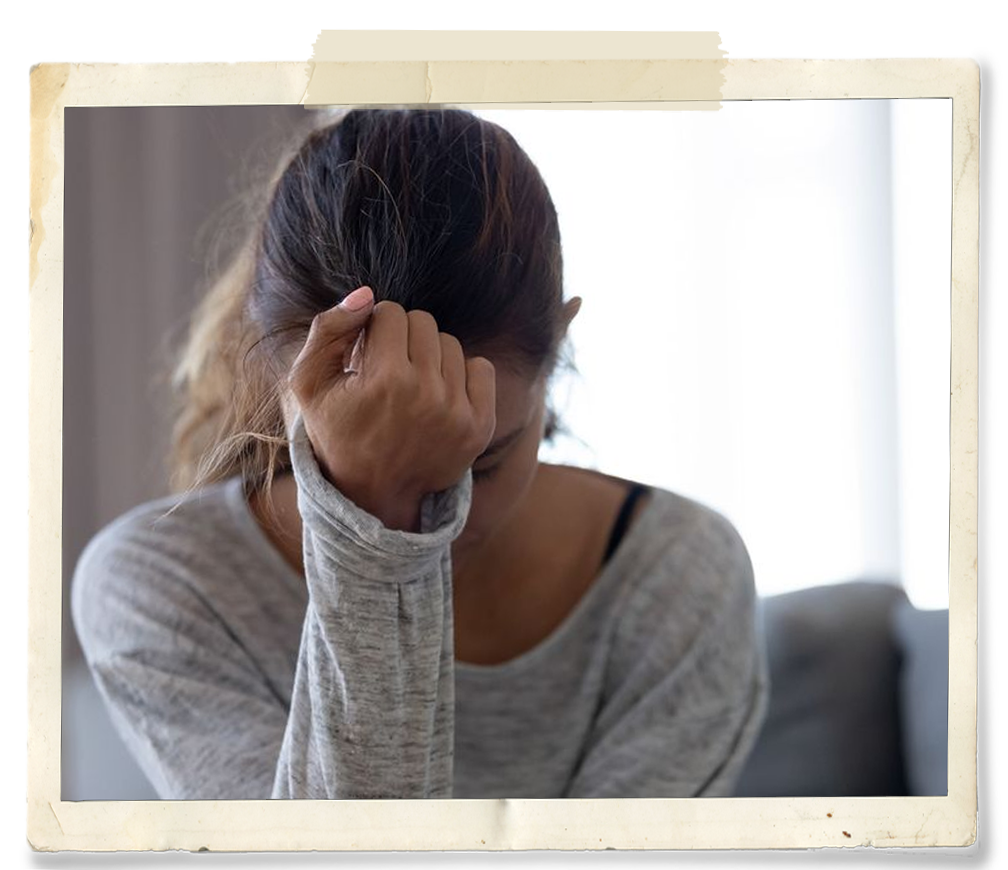LINGERING FEAR, NEGATIVITY BIAS
Psychologists, who found increased levels of anxiety and depression in patients, are urging people to shun negativity as it weakens the immune system.

istock
From the very nature of the disease, the constant fear of contracting it and the wait for a cure, to the unprecedented psychological, social and economic ramifications one had to contend with on a daily basis, an overwhelming sense of negativity gripped the world amid the pandemic.
Dubai-based psychologists, who saw many patients gripped by an overwhelming sense of fear and panic, repeatedly cautioned against such negative emotions as it could result in stress, depression and anxiety – all of which could only prove counter-productive.
As Devika Mankani, psychologist at The Hundred Wellness Centre and the Sunmarke School, said, “The magnitude of this global event left the world in shock. No one could have anticipated this crisis and so the lack of preparedness for what came our way was so significant that many people were still dealing with the shock.”

istock
Post-pandemic mental illness is likely to raise globally. Photo for illustrative purposes.
Another Dubai-based clinical psychologist, Dr Roghy Mccarthy at the Counselling and Development Clinic in Dubai, said, “Being stressed weakens the immune system, which is not a good thing at all if you have to fight a flu or any other infection. Yes, people must be careful, but not paranoid. They must learn to make adjustments in their lives and move on.”
According to Kim Henderson, clinical psychologist at the Dubai-based German Neuroscience Centre, “People first need to acknowledge their feelings and allow themselves time to notice and express them – perhaps by talking to others, doing something creative or practising mindfulness. They should maintain their normal day-to-day activities and routine where possible. Stay connected to credible sources of information that you trust and avoid panic and fear that can be caused by misinformation. Follow protection and prevention recommendations provided by qualified health professionals.”
In the tips they shared, the psychologists said that worrying excessively about coronavirus didn’t necessarily mean someone had a psychological disorder. The problem arose if it started affecting the person in day-to-day life.